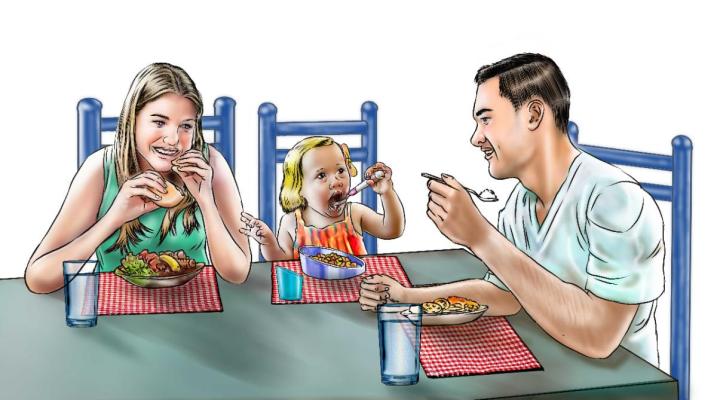Supporting children with disabilities and their families as early as possible can greatly improve their quality of life. Some children with disabilities require access to specialized services. This includes support for nutrition and feeding as children with disabilities are three times as likely to be malnourished as other children, and twice as likely to die from malnutrition.
Programs can reduce the risk of malnutrition among children with disabilities by, for example, equipping service providers and caregivers with the information and skills required to care for children with disabilities. Programs can also help children and families build resilience against the social and environmental barriers that prevent their full participation in society by providing community based interventions and helping caregivers build stronger bonds within their families and communities.
Caregivers of children with feeding difficulties or disabilities may face particular mental health challenges, therefore this section includes some key resources that, while not specific for caregivers of children with feeding difficulties or disabilities, can be particularly useful for supporting their mental health and well-being.
Use the resources in this section to better understand the needs of children with disabilities and their families and improve the support provided to them.



